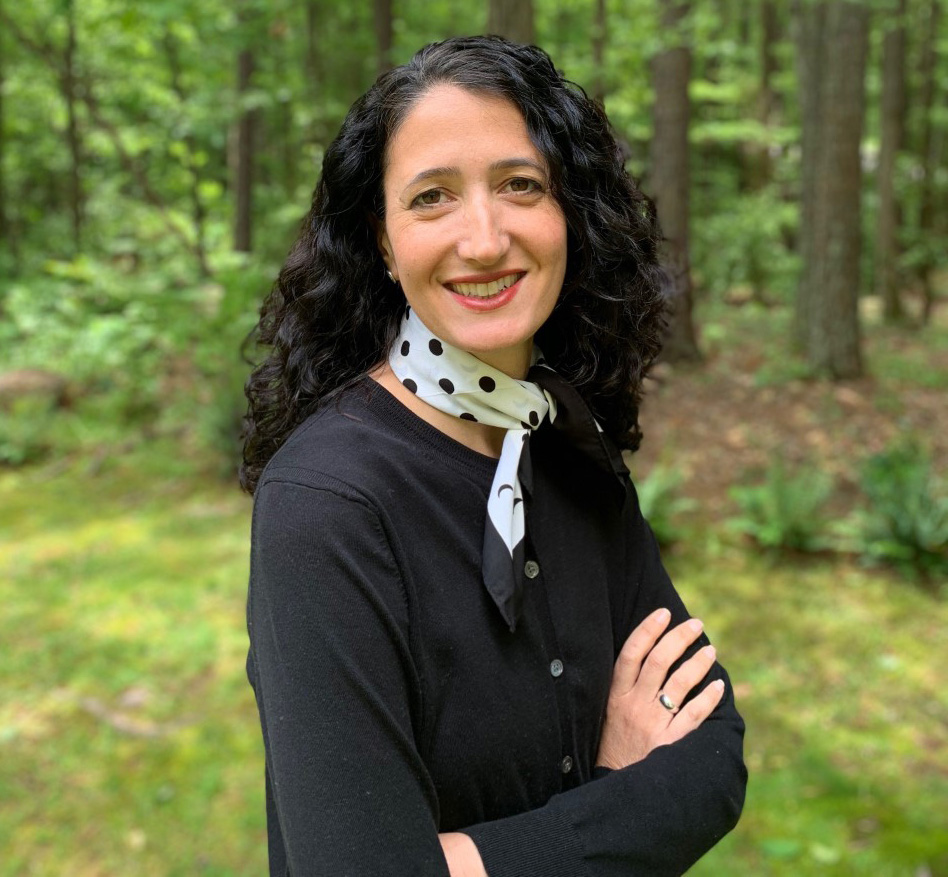
Kelly Hogan, associate dean of instructional innovation in the College of Arts & Sciences, has received the 2020 National Association of Biology Teachers Four-Year Teaching Award.
Hogan is STEM teaching professor in the department of biology and serves as director of UNC’s Quality Enhancement Plan (QEP).
She began leading the Office of Instructional Innovation in the College in 2014.
Since its establishment in 1938, the National Association of Biology Teachers (NABT) has been the recognized “leader in life science education.”
The NABT teaching award recognizes creativity and innovation in research that furthers understanding of undergraduate biology teaching and education. These innovations may include, but are not limited to, curriculum design, teaching strategies and laboratory utilization.
Hogan received her Ph.D. from UNC-Chapel Hill in 2001 and was a postdoctoral fellow from 2001-2004.
Since 2004, Hogan has been teaching 400-seat classes on campus using interactive teaching methods and technologies. Her approach centers on the philosophy that with the right practice, everyone is capable of learning. By demonstrating the effectiveness of her methods in large lecture classes, her work has received national attention in publications such as The New York Times, The Atlantic and Inside Higher Ed. She has given workshops around the country on inclusive teaching.
Hogan has been honored with other teaching awards including The Pope Foundation for Higher Education Spirit of Inquiry Award (2011), the Carolina Women’s Leadership Council Mentoring Award (2014), NACADA’s Outstanding Advising Award for Faculty (2015) and The Tanner Award for Excellence in Undergraduate Teaching (2015).
Hogan said she loves being a “messenger of empowerment”— for teachers and students.
“One teacher can make a difference. One teacher can help invite more students into a discipline. One teacher can help retain a more diverse group of scientists in their discipline. One teacher can help graduate a more diverse group of scientists,” Hogan said. “It begins with an inclusive mindset around course structure and facilitation.”
A student wrote this about Hogan’s spring 2020 biology 101 course:
“Thank you for creating such a wonderful learning environment in your classroom throughout the first half of the semester and seamlessly making the transition to remote learning. Throughout this unprecedented time, you have shown grace and understanding, provided flexibility and structure and remained focused on ensuring our success. I have thoroughly enjoyed the opportunity to learn from you both in and out of the classroom, and I am thankful that my first science course at UNC was taught by someone who is as devoted to education, wellness and inclusivity as you.”
